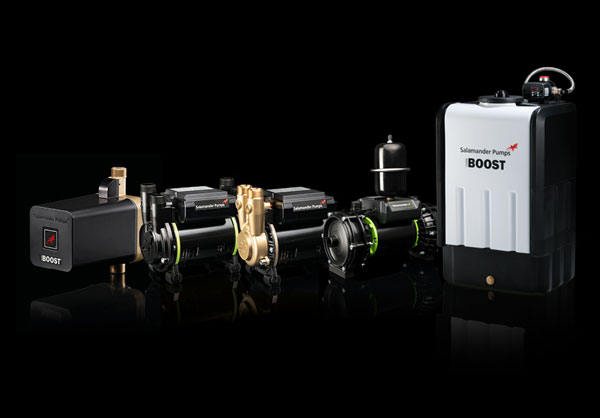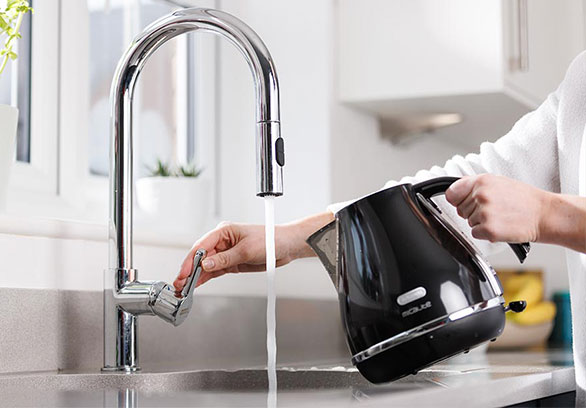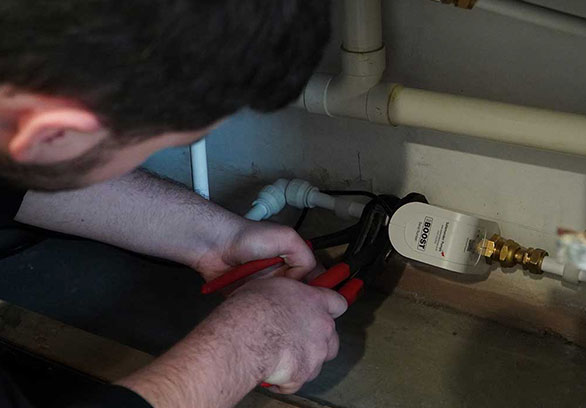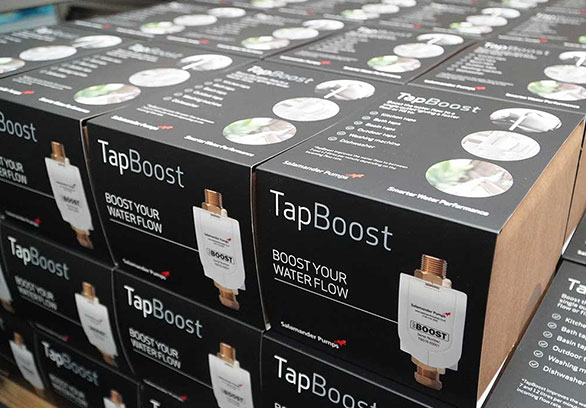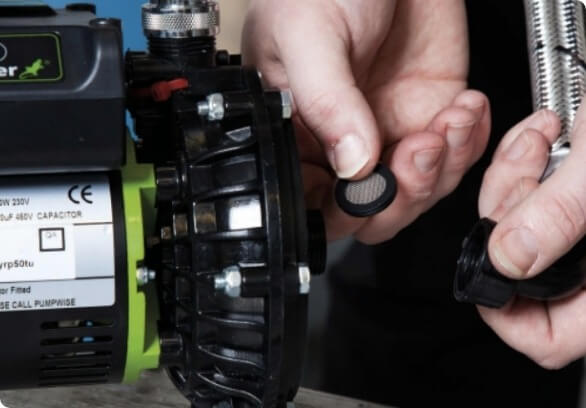Post-installation
Is Your Shower Pump Making an Unusual Noise?
If you are looking to improve the water pressure in the home shower pumps are an excellent solution. If your pump starts to make an unusual noise it can be for a number of reasons, here we explain why your pump might be making these noises and how you can prevent them from happening.
Why might the pump be making a humming or buzzing noise?
There are various reasons that can cause a pump to make a humming or buzzing noise. This can be because the pump is seized up. One of the major contributing factors to a pump seizing is high temperature water. Salamander Pumps’ guidelines say that the water should be no higher than 60C in the hot water cylinder, if the water is any higher than this then some of the components of the pump can be damaged, such as the impellers and shaft seals. With high temperatures the shaft seals can begin to stick together, which prevents the motor from turning, which then causes a buzzing noise.
Aeration can also cause a buzzing noise. Aeration happens for many reasons, including when a flange hasn’t been fitted when one is required, or pumps not having their own dedicated feeds. When air is dragged through a pump this damages the shaft seals and causes them to stick together, and again will result in the pump being seized and a buzzing noise.
Why might the pump be making a gravelly or grinding noise?
A gravelly or grinding noise sounds like there is gravel in one end of the pump, this is caused by severe aeration. Air is the enemy of pumps, so it is important that to prevent air getting dragged through the pump, the easiest way to achieve this is to fit a flange. A flange draws water from deeper within the hot water cylinder, where the water contains less air, and supplies this anti-aerated water to the pump. This helps to prevent damage to the pump.
Why might the pump be making a rattling noise?
A rattling noise occurs when the pipework supplying the pump isn’t secured. Using the anti-vibration hoses supplied with the pump will help to stop the rattling noise. Salamander Pumps suggest that you keep the hoses as straight as possible and that they aren’t bent any more than 35°. Ensuring that the pipework to the pump is clipped onto a strong surface will stop any vibration from the pump being transferred to the pipework.
Why might the pump be making an intermittent noise?
If your pump is starting up on its own, and you are experiencing an intermittent noise, this is most likely because there is a leak in the system and you have a negative head pump. A negative head pump works differently to a positive head pump, in that they recognise a pressure drops within the system. If there is a leak in the system, and it continually drips, it drops the flow pressure of the system which causes a negative head pump to kick in sometimes.
The easiest way to test if this is a pump issue or a system issue, is to isolate all the outlet hoses on the isolation points and then leave the pump overnight. If it doesn’t kick in overnight then you will have a leak in the system which is causing the pump to start to work.
